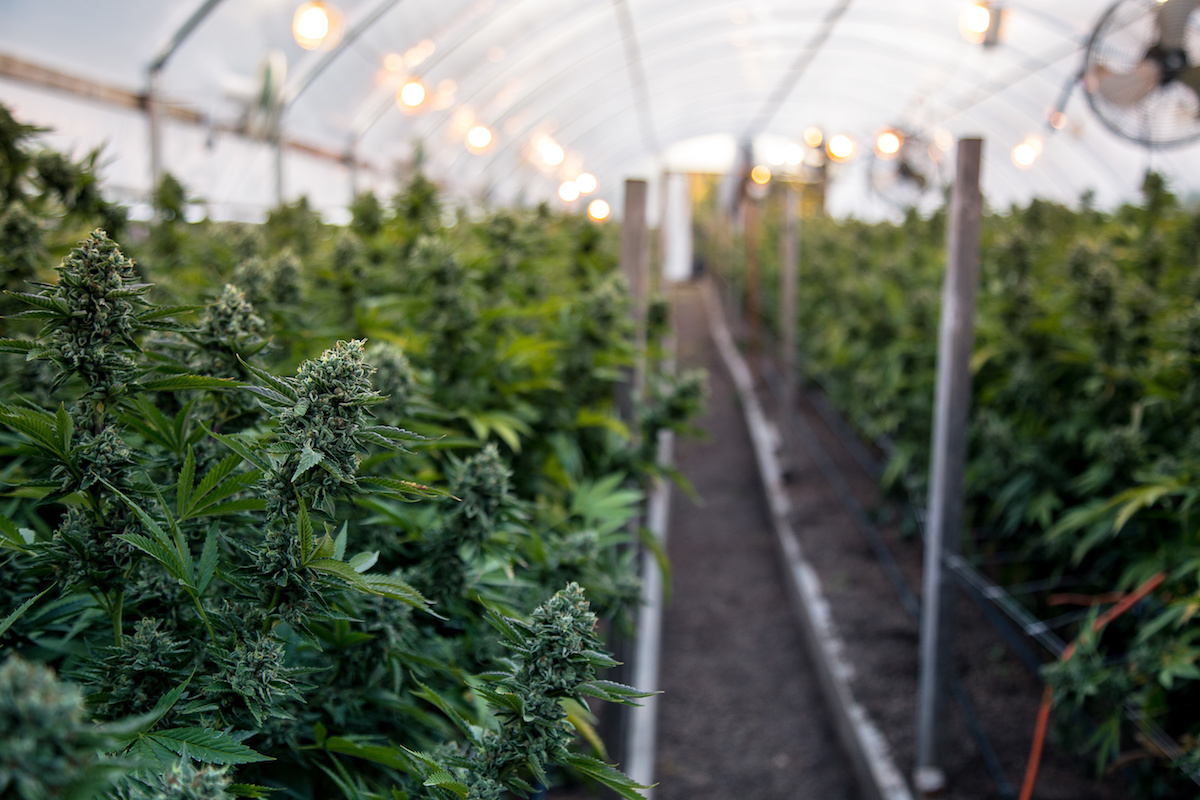By: Tony Davis
Kent Bruyneel knows something about marijuana having grown up in the suburbs of Vancouver.
“The first dispensaries were in Vancouver. There was policy there. Even if it was an ad hoc, policy is still policy,” he said.Â
Bruyneel is teaching a new course though UPEI’s Professional Education and Career Development.
Wednesday marks the end of a near hundred-year prohibition on cannabis, and if you want to know how cannabis could affect the workplace you can pay $399 for the two-and-a- half-day course Cannabis Knowledge for Organizations: Health, Culture, and Policy.
Bruyneel’s education and experience is as an editor, teacher, business person and a storyteller which he said allowed him to build a course that takes the integrated interdisciplinary approach to cannabis legalization and its impact on Canadian life that most professionals will find useful and engaging.
“The history of marijuana has a social and legal history. Nothing has changed medically for it to be legalized in 2018 just like nothing changed to make it illegal in 1923. It is a cultural issue,†Bruyneel said.
The course aims to make participates organizational leaders in confronting challenges around cannabis in the areas of health, office culture and enterprise policy.
“This is becoming legal and that might not be a big difference in your HR policy necessarily because you can’t be impaired to work, but it is going to change HR policy in the way your work is socialized. How the people in your office interact with each other, which is what HR policy is all about,†he said.
Most people on the UPEI campus have seen, experienced or been around cannabis, but how are they interpreting the difference between medical and recreational? Bruyneel hopes to break some of the myths around cannabis, like the myth of the unproductive pot head.Â
“You might have an employee who is a far better employee because they can get their medical cannabis.â€
Marijuana is not just a psychoactive drug, Bruyneel said. There are parts of the plant which don’t get you high at all but have residual health effects.
“As a country we are just dipping our toe in the water. What we are trying to do is build context for people in employment.â€
There is going to be that first moment in legalization where someone comes to work reeking of weed. The course is trying to help organizations learn how to deal with these situations.Â
Cannabis is unique because there is lingering policy from alcohol but there is no medical alcohol, Bruyneel said. When marijuana is legal it will be the only drug in Canada approved for recreational and medical use.Â
“We are trying to foreground the discussion and then build a place for continuing interaction on these matters,†Bruyneel said.
If you want to know more about the Cannabis Knowledge for Organizations: Health, Culture, and Policy course, visit here.
Schedule for this Course
Summerside
October 24, 2018 – 8:30am
October 25, 2018 – 8:30am
October 26, 2018 – 8:30am
Charlottetown
October 29, 2018 – 8:30am
October 30, 2018 – 8:30am
October 31, 2018 – 8:30am
